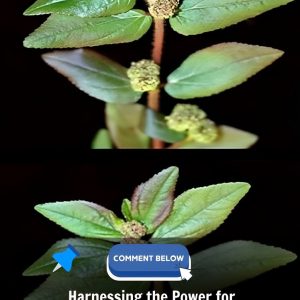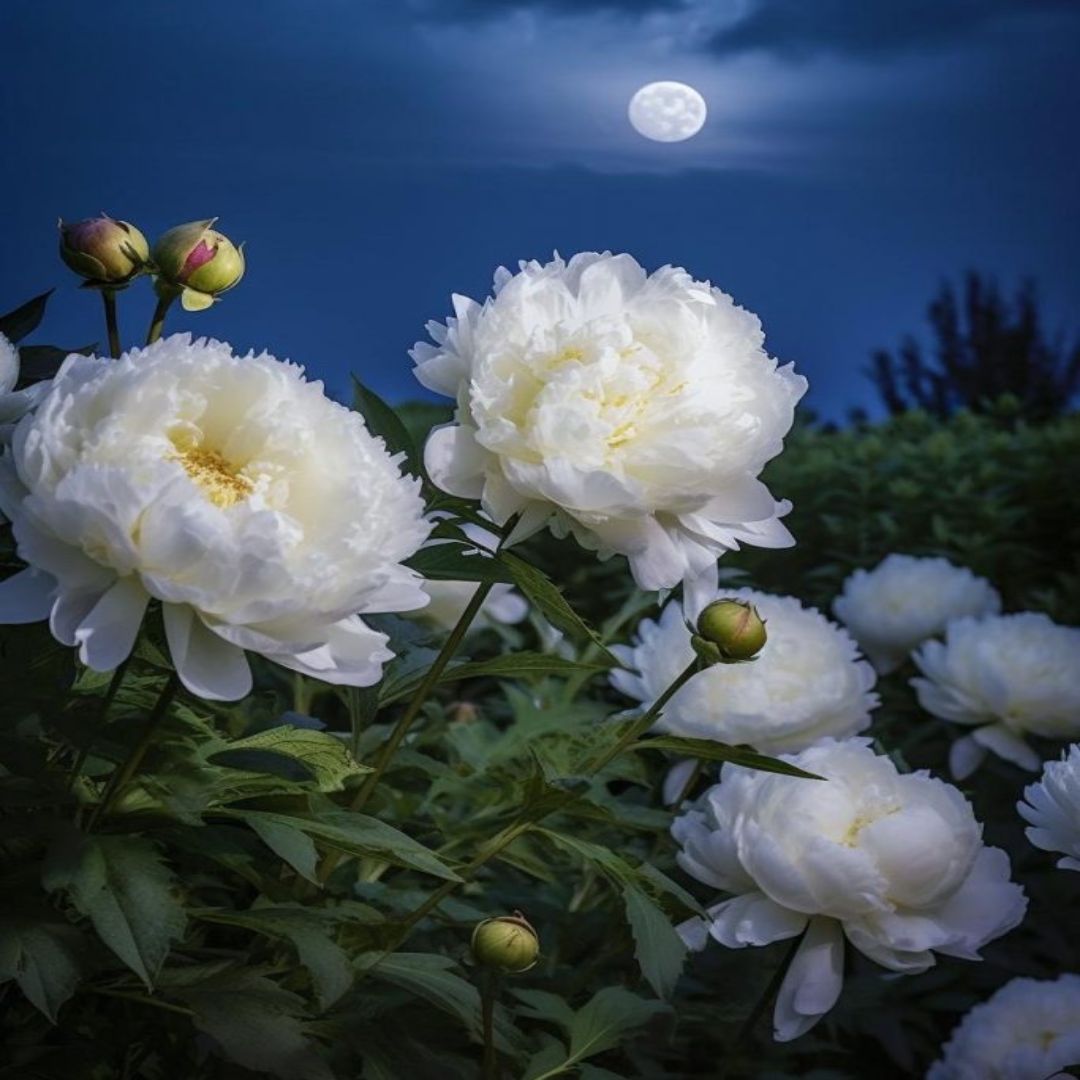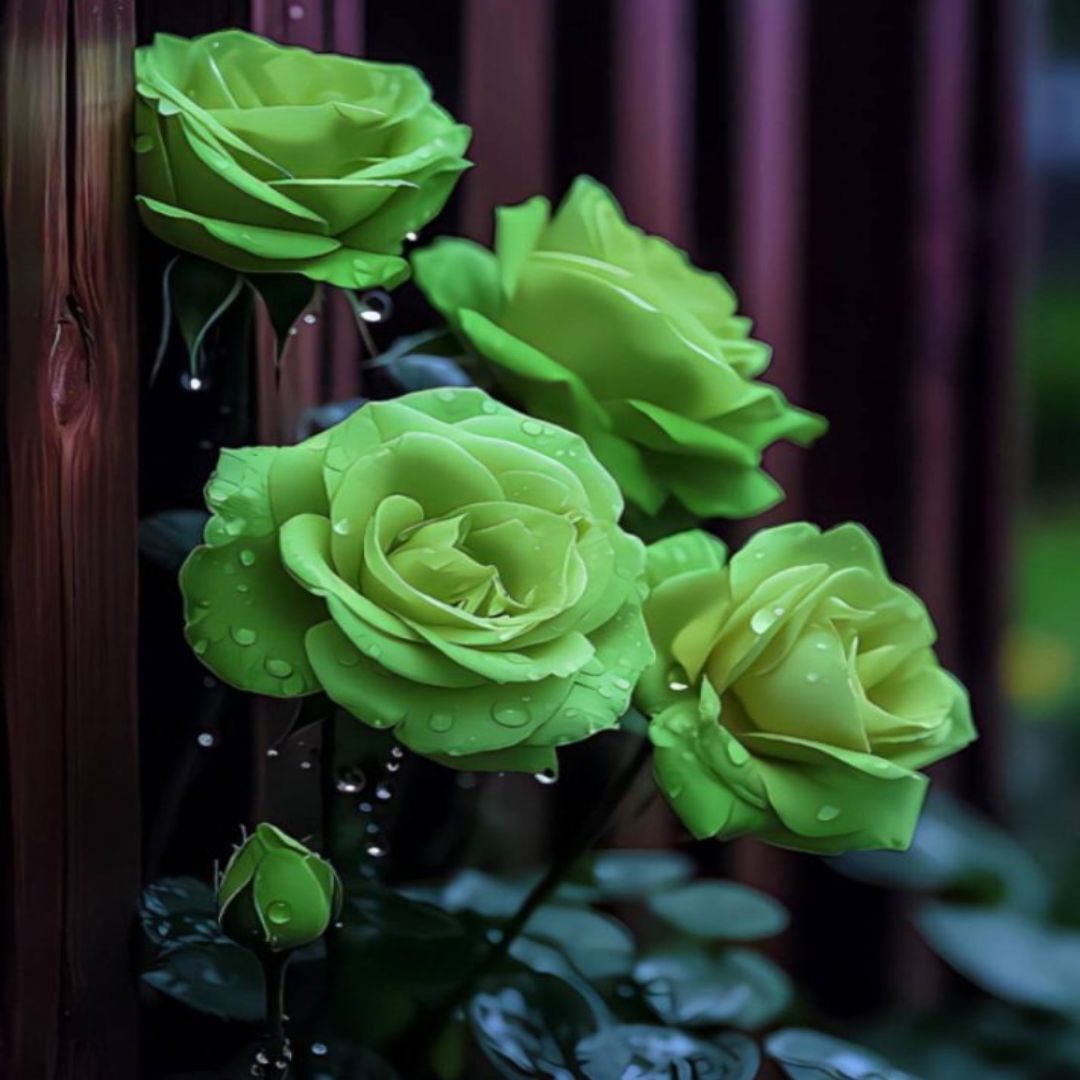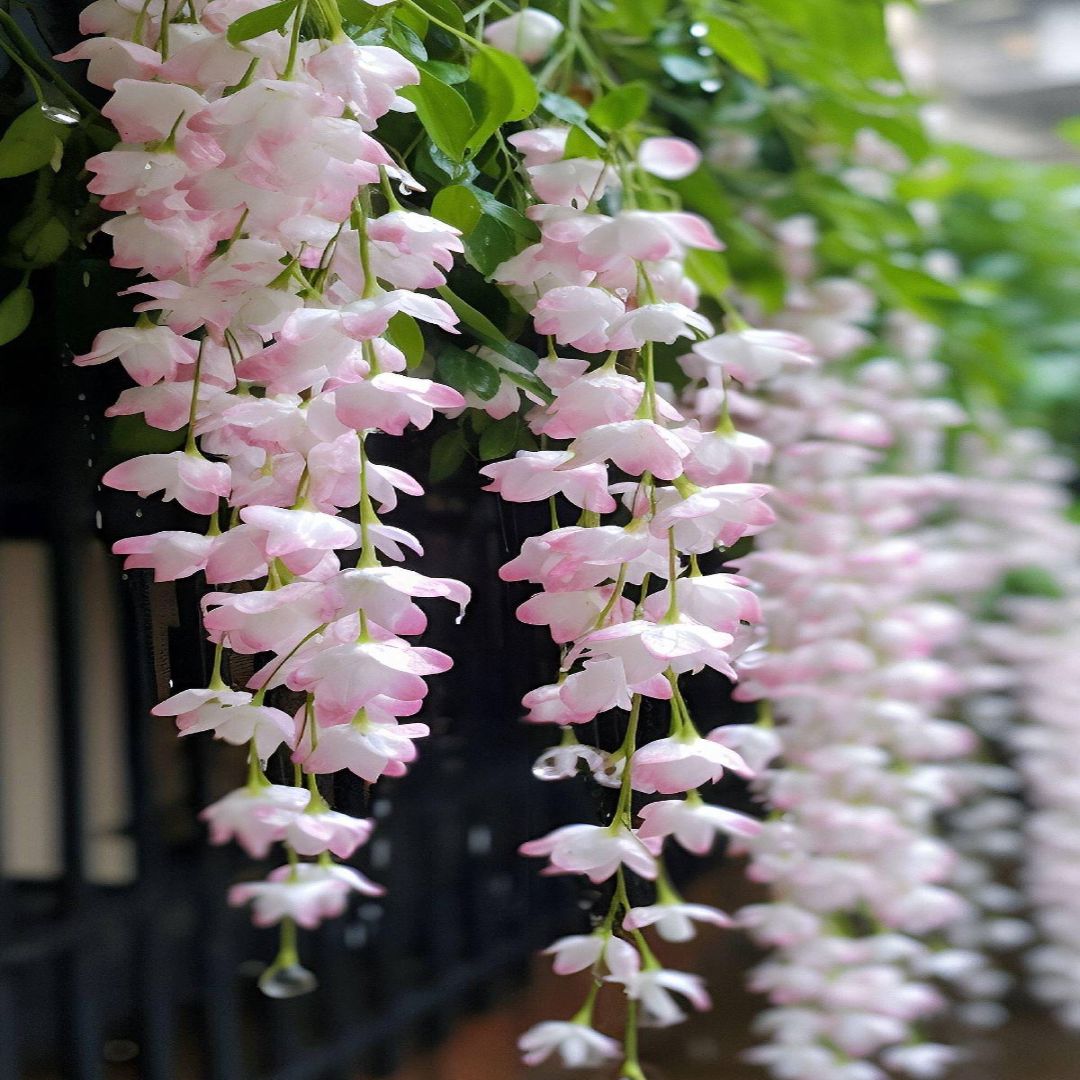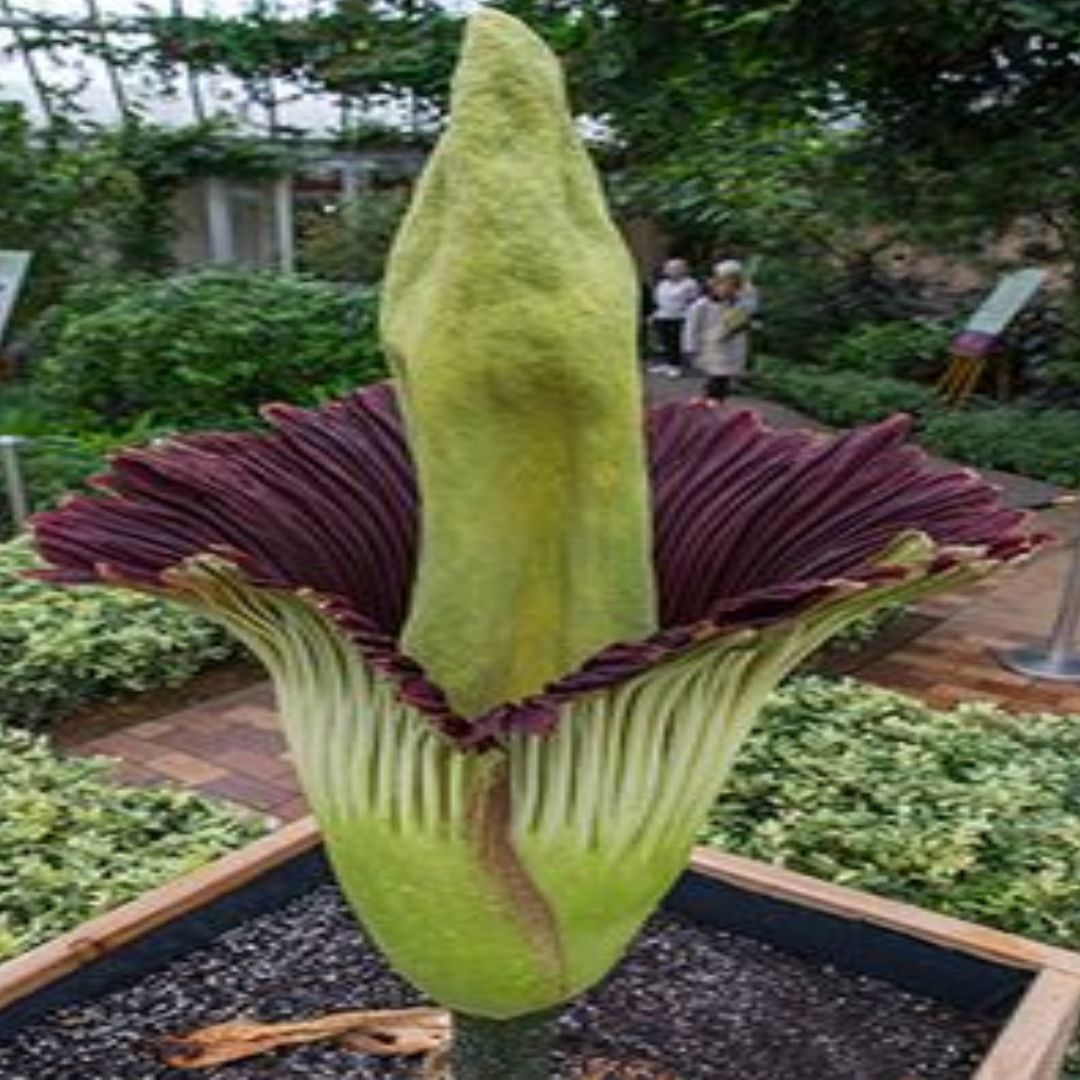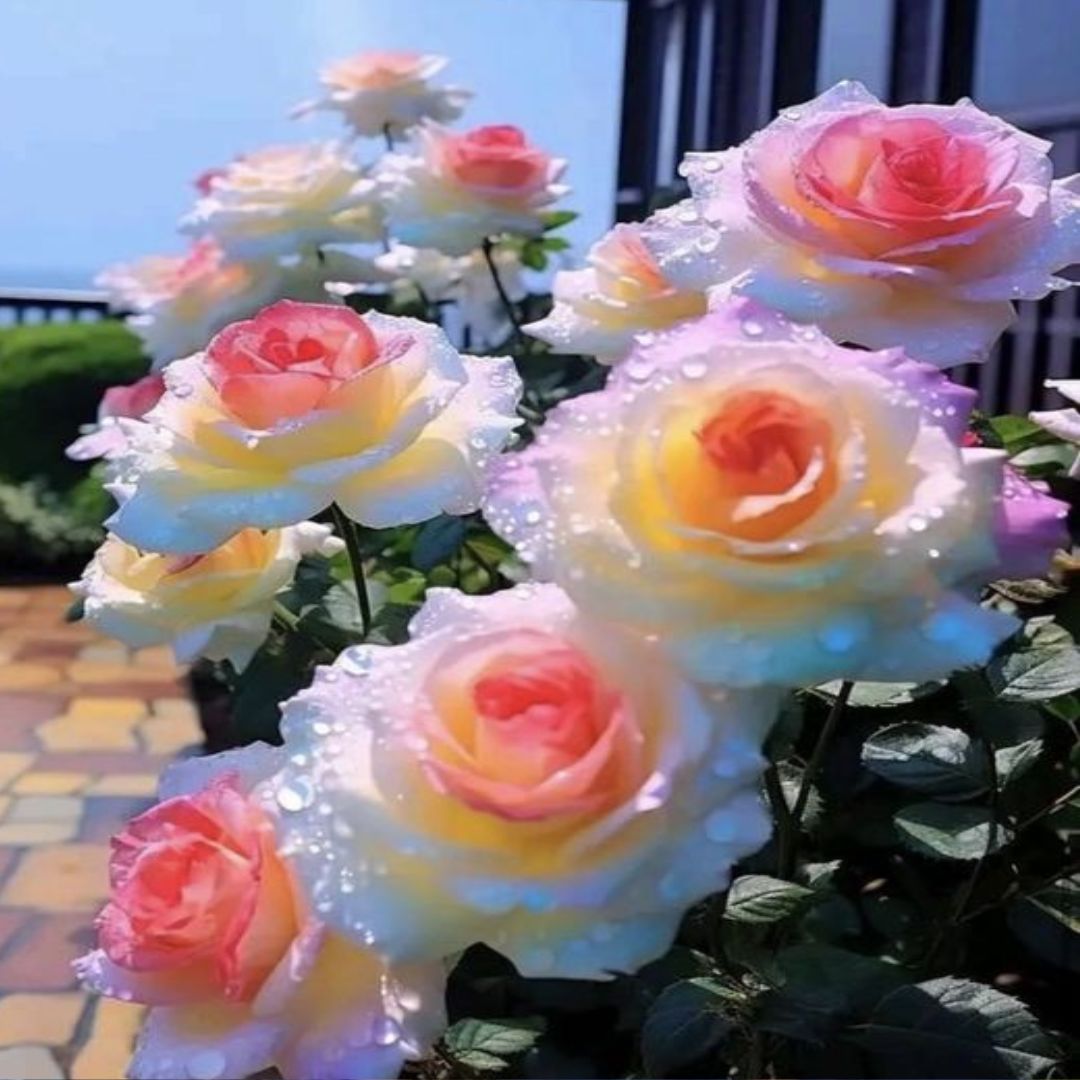If you are a succulent connoisseur and looking for Rare Succulents that are Really Unique and attractive, then you’ve arrived at the right place!
Collecting and growing different types of succulents has become a hobby for many gardeners in recent years. In this quest, they are always looking for Rare Succulents that are Really Unique to add to their collection. Keeping that in mind, this list showcases some of the most stunning succulents that will make you proud to have them!
Rare Succulents that are Really Unique
1. Ruby Necklace
Botanical Name: Othonna capensis
The first thing that’ll amaze you is the bright purple trailing stems. Also known as Little Pickles, it’s foliage is also impressive with bean-like shape and compliments the colorful stems. Red stalks tower above the plant bear yellow, daisy-like flowers.
2. Living Rock Cactus

Botanical Name: Ariocarpus trigonus
The stems are round on the top and look like they’re forcefully squashed. The yellowish-green stem can grow to 8-10 inches tall and 10-12 inches wide. Although the stems have a bizarre shape, its white flowers are stunning and cover the entire succulent.
3. Crinkle Leaf Plant

Image Source
Botanical Name: Adromischus cristatus
The crinkled leaves are covered entirely with tiny white hair and look as if covered in ash. Reddish-white tubular flowers grow on long stems that can reach a length of 8-10 inches. Great for miniature rock and home gardens because of small size.
4. Living Pebbles

Botanical Name: Conophytum subglobosum
This slow grower resembles lithops and belongs to the Mesebrianthemaceae family. The stems are somewhat round and globular and grow in clumps. There are dotted markings over the body with fissure at the center from which the flower emerges.
5. Plover Eggs

Botanical Name: Adromischus cooperi
This branching succulent won’t grow much tall but can grow to a span of 15-20 cms. The leaves are narrow at the base and flat, wavy, and broad at the edges with dark purple spots over them. The inflorescence is 10-14 inches tall on which pink flowers bloom.
6. Baby Toes

Botanical Name: Fenestraria rhopalophylla
Belonging to the same family as lithops, it also goes by the name living stones because of the resemblance to stubby 𝑏𝑎𝑏𝑦 toes and small rocks. You can easily multiply it by dividing leaves from their clumps. The charming white blooms follow the sun just like the sunflower.
7. Sand Dollar Cactus

Botanical Name: Astrophytum Asterias
Growing 2-3 inches tall, a good attribute of this cactus is that it’s spineless. The stem is divided into ribs, ranging from 5 to 11 in numbers. Yellow flowers bloom atop the stems and are followed by fruits that range from green, pink to red, covered in hair.
8. Baseball Plant

Botanical Name: Euphorbia obesa
When young, it’s shape is almost spherical, which resembles a baseball, hence the name. Furthermore, the 8 to 10 ribs that make up its structure looks as if they are stitched together. When mature, it turns more dome-shaped, attaining a height of 8 inches.
9. Paper Spine Cactus

Botanical name: Tephrocactus articulatus
This cactus got its name due to the soft and papery spines, which surrounds the knobby stems. These spines curl up in a manner, that gives it a ribbon-like appearance from far. Its contrast white, bell-shaped flowers with yellow throat amplify its beauty further.
10. Calico Hearts

Botanical name: Adromischus maculatus
Red-purple blotches smattered on the fleshy leaves of calico hearts make it stand out. The gray-green leaves have heavy red veins spreading across its edges. Moreover, its unique foliage escorted with tube-shaped flowers emerging in summer can steal anyone’s heart.
11. Star Window Plant

Botanical name: Haworthia cuspidata variegata
Due to its dark-green fleshy leaves, this succulent is often confused with aloe. The variegated leaves of star window succulent have sharp tapering points. These jelly-like leaves are arranged in a star-like rosette pattern, which can be up to 4-inches wide.
12. Rainbow Hedgehog Cactus

Botanical name: Echinocereus rigidissimus
Magenta and pink blossoms of rainbow cactus flowering in summer are like a welcome treat. The stem is covered with bands of glossy pink spines, that are naturally curved inward. Also, the color of these pink spines fades to yellow as it attains maturity.
13. Vahondrandra

Image Credit:-succulentsandmore
Botanical name: Aloe helenae
This aloe, endemic to Madagascar, is very rare and also is a critically endangered species. The recurved green leaves of Aloe helenae turn red under the water stress. This aloe produces stunning inflorescence, which eventually unfolds into hundreds of tiny blossoms.
14. Ariocarpus bravoanus

Botanical name: Ariocarpus bravaoanus
Found in Mexico, the dark green and triangular tubercles of Ariocarpu gives it a rosette appearance. What’s more remarkable is its cream-colored wooly areoles, on top of the beautiful rosettes. Nonetheless, its funnel-shaped flowers also add to the beauty.
15. White Ocotillo

Botanical name: Fouquieria fasciculata
Woody caudex of ocotillo, packed with copper shade spines and green leaves, makes it the most appealing among all. This succulent looks like a cross between bonsai and cacti. It also produces tube-like red flowers during spring. This rare succulent is one of the endangered species.
16. Aloinopsis luckhoffii

Botanical name: Aloinopsis luckhoffii
Native to South Africa, Aloinopsis luckhoffii is a miniature succulent with 3 inches of mature size. The fleshy geometric light grass-green, blue-green to dark purple leaves have gray-white bumpy dots. It grows best in full sun.
17. Echeveria gibbiflora ‘Barbillion’

Botanical name: Echeveria gibbiflora
“Barbillion’ forms 14-18 inches wide rosette of heavily carunculated leaves. The interesting fact about this succulent is its ability to change shape and color throughout the season. Avoid overwatering as it can result in fungal diseases.
18. Pies from Heaven

Botanical name: Kalanchoe rhombopilosa
Endemic to Southwest Itampolo, Madagascar, this attractive succulent produces fragile, fleshy, slightly furry silver-green leaves patterned in brown marks on woody, thin upright stems with long hair. Grow the plant in bright and sunny locations.
19. Pebbled Tiger Jaws

Botanical name: Faucaria felina
‘Pebbled Tiger Jaws’ features compact, unusual clumps of boat-shaped fleshy serrated leaves in dark-green to gray-green tones. The surface of the leaves are smooth or have white spots with crystals on the outer walls. It grows yellow to orange, daisy-like flowers.
20. Pig’s Ear Plant

Botanical name: Cotyledon orbiculata
This hardy succulent belongs to Arabian Peninsula and South Africa. The oval-shaped fleshy, red-rimmed leaves resemble pig’s ear. The plant looks more attractive when it grows bell-shaped yellow, orange, or red flowers in late summer or early fall.
21. Albuca Spiralis ‘Frizzle Sizzle’

Botanical name: Albuca spiralis
‘Frizzle Sizzle’ is native to South Africa. This spiral-grass like succulent features narrow leaves with twisted, coiled tips. The tightly curled leaves develop from the underground bulb. In spring, the plant produces fragrant yellow flowers.
22. Peruvian Old Lady Cactus

Botanical name: Espostoa melanostele
Espostoa melanostele has a profusion of long, woolly spines at a very young age that covers the entire body of the plant, including sharp yellow or red spines. It also grows edible, berry-like fruits.
23. Adenia glauca

Botanical name: Adenia glauca Schinz
Adenia glauca is a unique caudiciform succulent that grows by forming an attractive green trunk with pale gray-green to glaucous leaves. In spring, the plant showcases creamy-green flowers.
Note: Handle the plant with caution while pruning as the sap is poisonous.
24. Sea Dragon

Botanical name: Echeveria ‘Sea Dragon’
Firming a stunning rosette in gray to red-green hues, it gets its name due to the bumps and ruffles. Keep it in bright sunlight and it’ll continue to amaze you with its wavy foliage! It is one of those Rare Succulents that are Really Unique!

